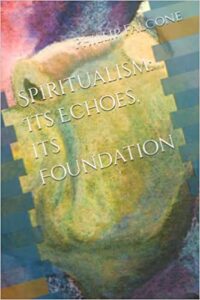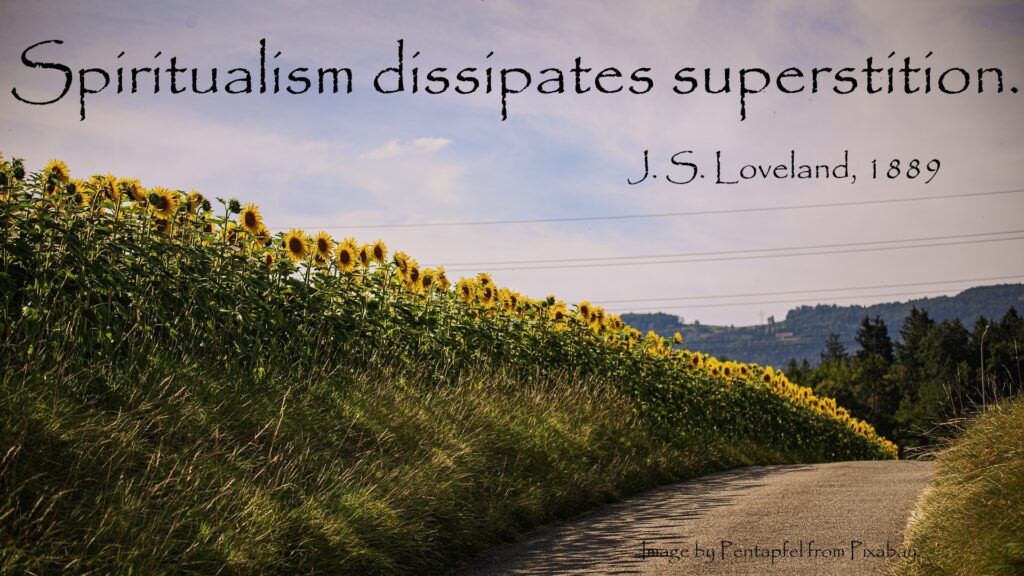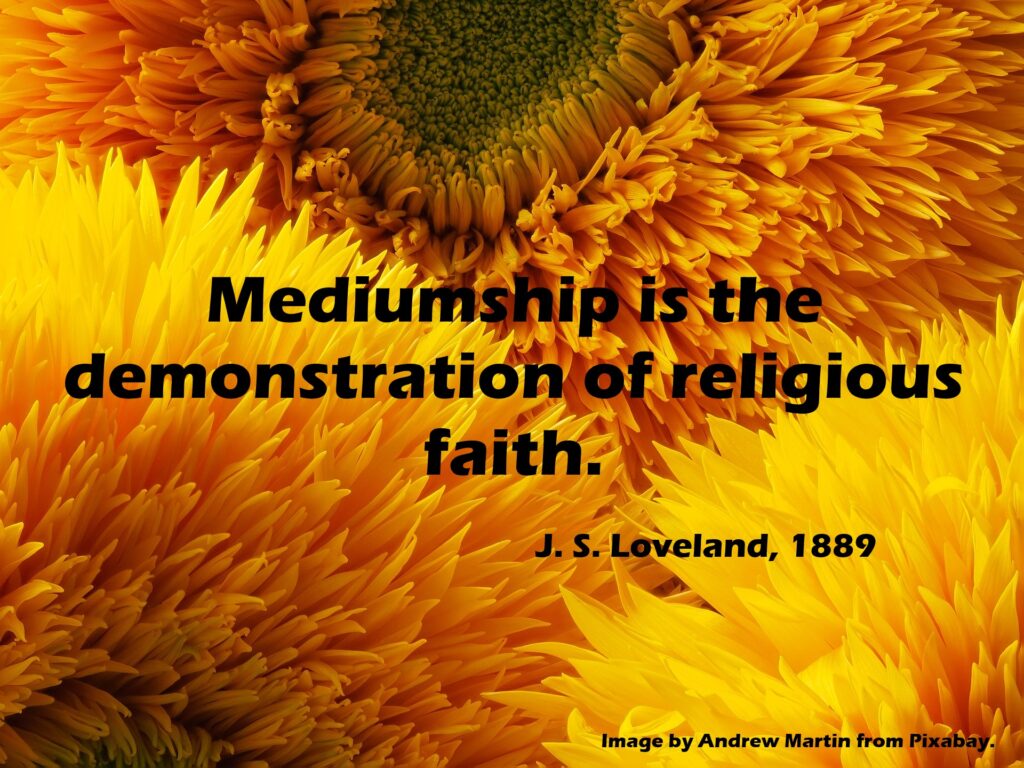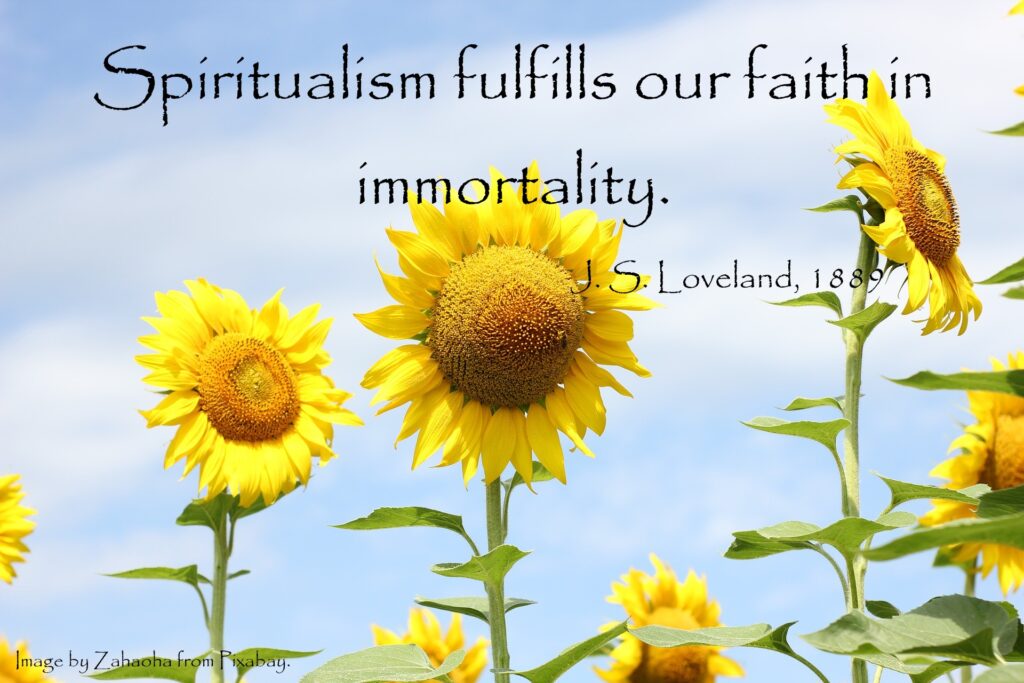Spiritualism: Its Echoes, Its Foundations
Spiritualism, a relatively new religion, has potential evidence of mediumship dating back to ancient times. It is often associated with animism, a belief in supernatural gods, and animism, which is about the pervasive life force. The Shaman, a phenomenon not related to Shamanism, is responsible for communicating with bodiless beings. Caves and rock faces around the world have paintings and etchings depicting primitive man’s life and early Shaman experiences. The oldest images are found in the Chauvet caves in France, while others include Lascaux cave in France and Altamira in Spain. Open-air rock carvings can also be found in the Southwestern United States, Portugal, and South Africa.
What is Spiritualism?
Spiritualism, a religion that focuses on communication with the departed, has its roots in the late 19th century in the United States. It developed through two paths: spirit communication, which has been occurring since humans began living in groups, and the rediscovery of nature’s principles. The Fox sisters, Catherine, Margaret, and Leah Fox, brought public attention to these phenomena through public seances or demonstrations. They introduced phenomenal Spiritualism, a demonstration of Spiritualism, which offered a return to early Christianity. Spiritualism also attracted those involved in abolishing slavery, social equality, and the Women’s Rights movement. Despite its popularity, Spiritualism was often ridiculed, and its arguments against it remain relevant today. The study of Spiritualism can be divided into three areas: as a religion, a science, and philosophy.
What is the Science of Spiritualism?
Spiritualism involves communication with the dead and requires serious investigation. We are not trained scientists who analyze gathered information, therefore the results may be flawed. Spiritualists receive messages from Mediums, who often identify souls by habits or appearances. Investigation begins with identifying the soul, and the next step is to determine the cause of phenomena like soul communication, healing, and clairvoyance. Science has determined that these phenomena have natural origins, so seeking confirmation or experiencing the experience may be necessary.
What is Mediumship?
Mediumship is the demonstration of Spiritualism, involving the act of conveying information from a discreet source, commonly referred to as ‘messages.’ In this context, a person conveys information from other souls. The term Mediumship could also refer to clairvoyants, seers, or prophets.
Life is a complex pattern of information, we are all clairvoyants or Mediums. Mediumship occurs through the biofield, which is a resonance of numerous fields, including light. Souls are composed of light and are referred to as light beings when without a body, or angels, and the Glory of God when their presence extends outside of the body.
Mediumship is not influenced by piety or immoral behaviors. To understand Mediumship, one must become a Medium and discover that it encompasses not just the mind but one’s entire being, reflecting their character.
What is the Philosophy of Spiritualism?
Spiritualism and Christianity both emerged from the teachings of Jesus and the souls the priests sought to contact. Spiritualism emerged during a time of social unrest, where many people sought to discover their own salvation. The teachings received from these souls were focused on harmony, health, and equality. The intelligent members of homes circles knew that promoting reform among the people they spoke to was crucial for the growth of Spiritualism. As the Freethought movement emerged, many embraced Spiritualism, not because it challenged authority but because it provided an avenue for religiously dissatisfied individuals to discover their own salvation. The reformers, like Jesus, are the ones teaching the lessons of tomorrow, moving humanity forward.
What is the Religion of Spiritualism?
Religion should begin with the individual, as it is a system of thought and interpretation of the world. It should not be an external nature based on behavior, but rather rooted in the human experience. Today’s religions no longer encourage seeking a connection with the Divine through experiential means, even for Spiritualists. The teachings of a religion come from the experiences of its proponents, and the fundamental teaching should be a oneness or being part of a larger creation. However, there is resistance to the encouragement of experiencing the Divine, possibly because there may not be a divine being. Spiritualism does not deny the existence of an All-encompassing Being, but it teaches that all events should be investigated. A new concept of Spiritualism is based on the religious experience, demonstrating the demonstration of continue life through a religious, mystical, or spiritual experience.






